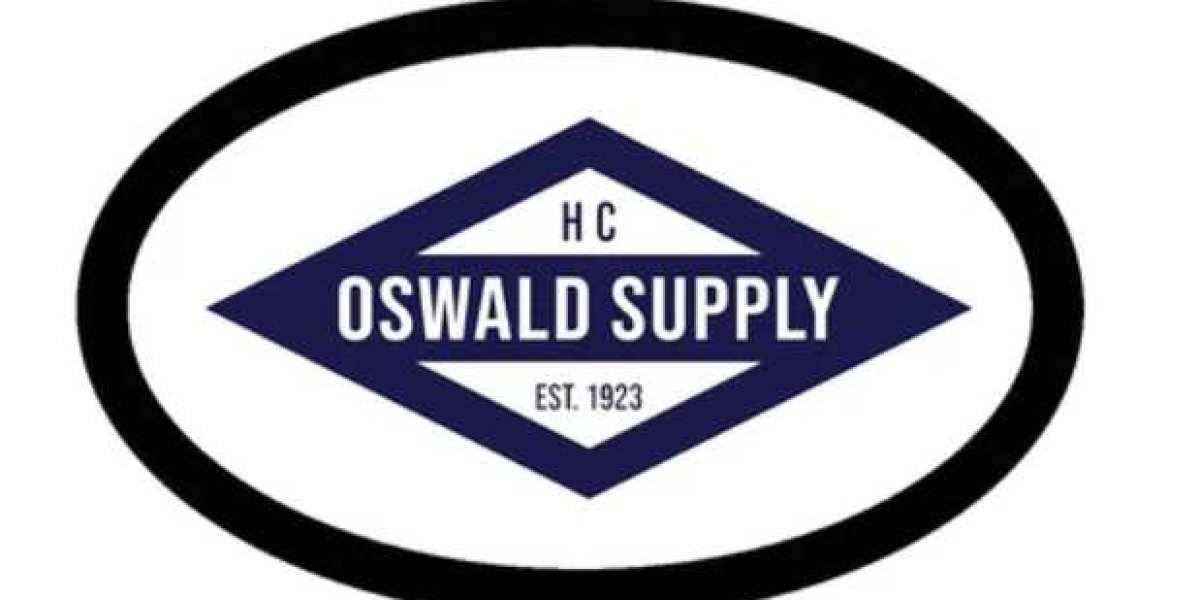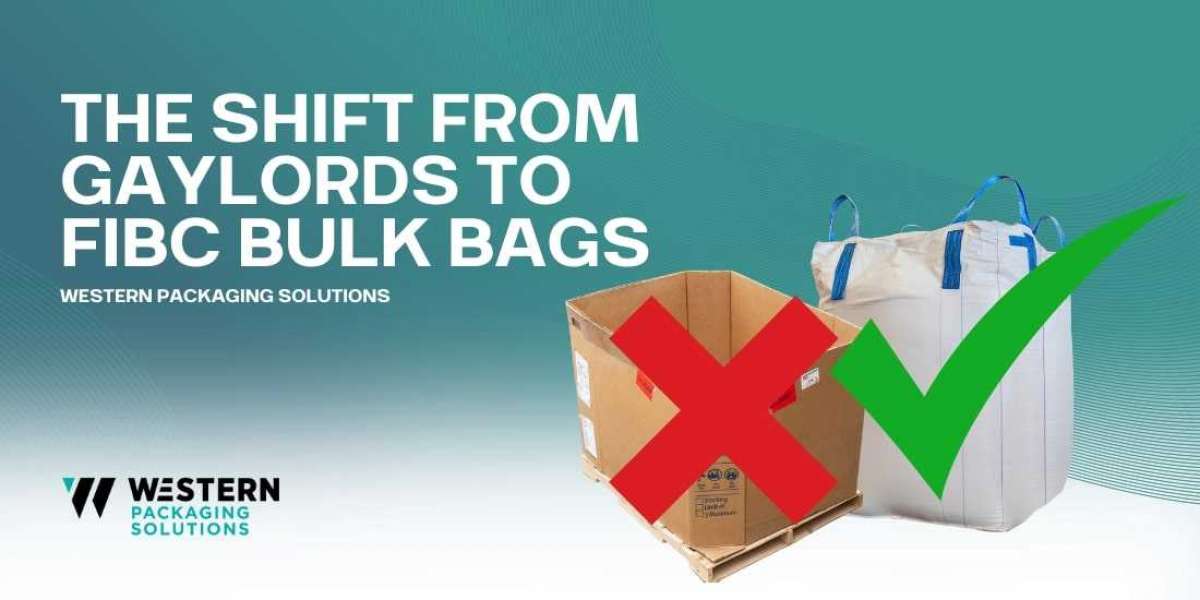Manhole gaskets play a crucial role in sealing the joints of manhole covers and frames, preventing leaks and ensuring the integrity of underground infrastructure. These gaskets come in various materials and designs, each suited to specific applications and environmental conditions. In this guide, we'll explore different types of manhole gaskets and their applications to help you choose the right option for your needs.
1. Rubber Gaskets
Rubber gaskets are among the most common types of manhole gaskets due to their flexibility, durability, and resistance to weathering and chemicals. They are typically made from materials such as neoprene, EPDM (ethylene propylene diene monomer), or natural rubber. Rubber gaskets provide a reliable seal for manhole covers and are suitable for a wide range of applications, including wastewater systems, stormwater drainage, and underground utilities.
2. Composite Gaskets
Composite gaskets combine different materials to enhance their sealing properties and performance. These gaskets often consist of rubber or elastomeric components reinforced with fibreglass, aramid fibres, or other high-strength materials. Composite gaskets offer improved resilience, compression resistance, and resistance to temperature extremes, making them suitable for demanding applications such as high-pressure sewage systems or corrosive environments.
3. Polyurethane Gaskets
Polyurethane gaskets are known for their excellent resistance to abrasion, chemicals, and weathering, making them ideal for harsh industrial environments. These gaskets provide a tight seal and can withstand prolonged exposure to oils, fuels, and solvents. Polyurethane gaskets are commonly used in manholes located in industrial facilities, refineries, chemical plants, and wastewater treatment plants.
4. Silicone Gaskets
Silicone gaskets offer superior resistance to extreme temperatures, UV radiation, and ozone exposure, making them suitable for outdoor applications and environments with wide temperature fluctuations. Silicone gaskets maintain their flexibility and sealing properties over a broad temperature range, from sub-zero temperatures to high heat conditions. They are often used in manholes located in cold climates, hot climates, or areas exposed to sunlight.
5. Elastomeric Gaskets
Elastomeric gaskets encompass a wide range of materials, including rubber, silicone, and synthetic elastomers. These gaskets provide excellent compression set resistance, rebound properties, and sealing performance. Elastomeric gaskets are versatile and can be tailored to specific application requirements, such as pressure rating, chemical resistance, and temperature range. They are commonly used in municipal sewage systems, water treatment facilities, and infrastructure projects.
6. Fiber Gaskets
Fibre gaskets, also known as compressed fibre gaskets, are made from compressed non-metallic fibres such as cellulose, aramid, or graphite. These gaskets offer good sealing performance, particularly in low-pressure applications or where a softer seal is required. Fibre gaskets are cost-effective, easy to install, and resistant to creep and relaxation. They are often used in manholes, inspection chambers, and drainage systems.
7. Flange Gaskets
Flange gaskets are designed specifically for sealing the flanged joints of manhole covers and frames. These gaskets are often made from rubber or elastomeric materials and feature a raised bead or ribbed profile that provides a secure seal when compressed between mating flanges. Flange gaskets help prevent leakage at the interface between the manhole cover and frame, ensuring a watertight seal and preventing infiltration of debris or contaminants into the underground infrastructure. They are commonly used in municipal sewer systems, wastewater treatment plants, and industrial facilities where reliable sealing of flanged connections is essential.
Choosing the right type of manhole gasket is essential for ensuring a reliable seal and long-lasting performance in underground infrastructure. Whether you're dealing with wastewater systems, industrial facilities, or municipal utilities, selecting the appropriate gasket material and design can help prevent leaks, minimize maintenance costs, and extend the service life of manhole covers. Consider factors such as environmental conditions, chemical exposure, temperature fluctuations, and pressure requirements when selecting a manhole gasket for your application. By understanding the different types of manhole gaskets and their applications, you can make an informed decision and ensure optimal performance in your infrastructure projects.








